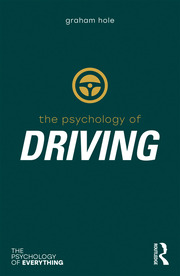Description
Have you ever wondered what’s going on in your child’s mind? This engaging book shows how reflective parenting can help you understand your children, manage their behaviour and build your relationship and connection with them. It is filled with practical advice showing how recent developments in mentalization, attachment and neuroscience have transformed our understanding of the parent-child relationship and can bring meaningful change to your own family relationships. Alistair Cooper and Sheila Redfern show you how to make a positive impact on your relationship with your child, starting from the development of the baby’s first relationship with you as parents, to how you can be more reflective in relationships with toddlers, children and young people. Using everyday examples, the authors provide you with practical strategies to develop a more reflective style of parenting and how to use this approach in everyday interactions to help your child achieve their full potential in their development; cognitively, emotionally and behaviourally. Reflective Parenting is an informative and enriching read for parents, written to help parents form a better relationship with their children. It is also an essential resource for clinicians working with children, young people and families to support them in managing the dynamics of the child-parent relationship. This is a book that every parent needs to read.
Table of Contents
- Cover
- Title
- Copyright
- Contents
- Foreword
- Acknowledgements
- Prologue
- Introduction
- 1. The origins of Reflective Parenting
- 2. The Parent Map
- 3. Managing your feelings
- 4. The ‘Parent APP’
- 5. Helping children with their feelings
- 6. Discipline: Understanding misunderstandings
- 7. Helping sensitive children work through misunderstandings
- 8. Family, siblings and friends
- 9. Mentalizing during good times
- 10. Reflecting on the book
- References
- Index






